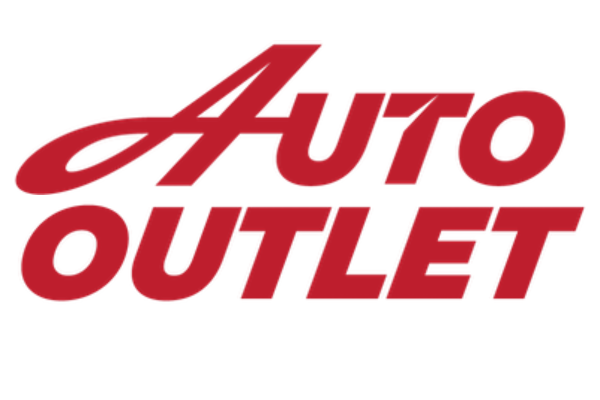How to Finance a Used Car Purchase in BC

When it comes to purchasing a used car in British Columbia, navigating the financing landscape can be a daunting task. Understanding your options and finding the best deals is crucial to making a wise investment. Whether you’re a first-time buyer or a seasoned car owner, this guide will help you explore financing options, maximize your budget, and secure the best possible deal on your used car purchase.
Understanding Your Budget
The first step in financing a used car in BC is to understand your financial capabilities. Establish a realistic budget that includes not only the car payments but also related costs such as insurance, maintenance, and potential repairs. Start by calculating your monthly income and expenses to determine how much you can comfortably allocate towards a car payment. Financial experts typically recommend that your car payment should not exceed 15% of your monthly take-home pay.
Exploring Loan Options
Traditional Bank Loans
Traditional bank loans are a popular option for financing a used car. Banks offer competitive interest rates, especially if you have a good credit score. It’s important to shop around and compare rates from different banks to ensure you’re getting the best deal. The advantage of a bank loan is that you can usually secure lower interest rates compared to other financing options.
Credit Unions
Credit unions often provide lower interest rates and more personalized service than traditional banks. If you are a member of a credit union, or eligible to join one, consider exploring this option. Credit unions are known for their community-oriented approach, which can lead to more flexible loan terms and conditions.
Online Lenders
The rise of fintech has made online lenders a viable option for used car financing. These lenders often provide quick approval processes and competitive rates. However, it’s crucial to verify the legitimacy of the lender before proceeding, as not all online lenders adhere to the same standards as traditional financial institutions.
Considering Dealership Financing
Dealership financing is another route to consider when purchasing a used car. Many dealerships, including Applewood Auto Outlet, offer in-house financing options. While dealership financing can be convenient, it’s essential to review the terms carefully. Dealerships might offer promotional interest rates, but these can vary based on your creditworthiness and the terms of the loan.
Advantages of Dealership Financing
Convenience: You can arrange financing and purchase your car in one place.
Promotional Offers: Dealerships often have special promotions that can reduce interest rates or offer other incentives.
Flexibility: Dealerships may offer more lenient terms for buyers with less than perfect credit.
Disadvantages of Dealership Financing
Higher Interest Rates: In some cases, dealership financing may come with higher interest rates compared to banks or credit unions.
Potential Add-Ons: Be cautious of additional products and services that may be bundled into your loan.

Tips for Securing the Best Deal
1. Improve Your Credit Score
Your credit score plays a significant role in the financing terms you’re offered. Before applying for a loan, check your credit score and take steps to improve it if necessary. Paying off outstanding debts and ensuring timely bill payments can boost your score.
2. Negotiate the Price
Don’t be afraid to negotiate the price of the car. Research the market value of the vehicle you’re interested in and use this information to your advantage. Dealerships may be willing to lower the price, especially if you’re prepared to make a purchase.
3. Consider a Co-Signer
If your credit score is lower than desired, having a co-signer with a strong credit profile can help you secure better loan terms. A co-signer agrees to take responsibility for the loan if you default, providing additional security for the lender.
4. Review All Terms and Conditions
Before signing any agreement, ensure you understand all the terms and conditions. Look for any hidden fees and make sure you’re comfortable with the repayment schedule. If anything is unclear, ask for clarification.
5. Pre-Approval
Consider getting pre-approved for a loan before you start shopping. Pre-approval not only gives you a clear idea of your budget but also positions you as a serious buyer, which can be advantageous during price negotiations.

Conclusion
Financing a used car purchase in BC requires careful consideration of your budget and a thorough exploration of available financing options. By understanding your financial limits, exploring different loan avenues, and following the tips for securing the best deal, you can make an informed decision that suits your needs.
Whether you choose a traditional bank loan, credit union, online lender, or dealership financing, ensure that the terms align with your financial situation and long-term goals. With the right approach, you can drive away in your new-used car confident that you’ve made a financially sound purchase.


